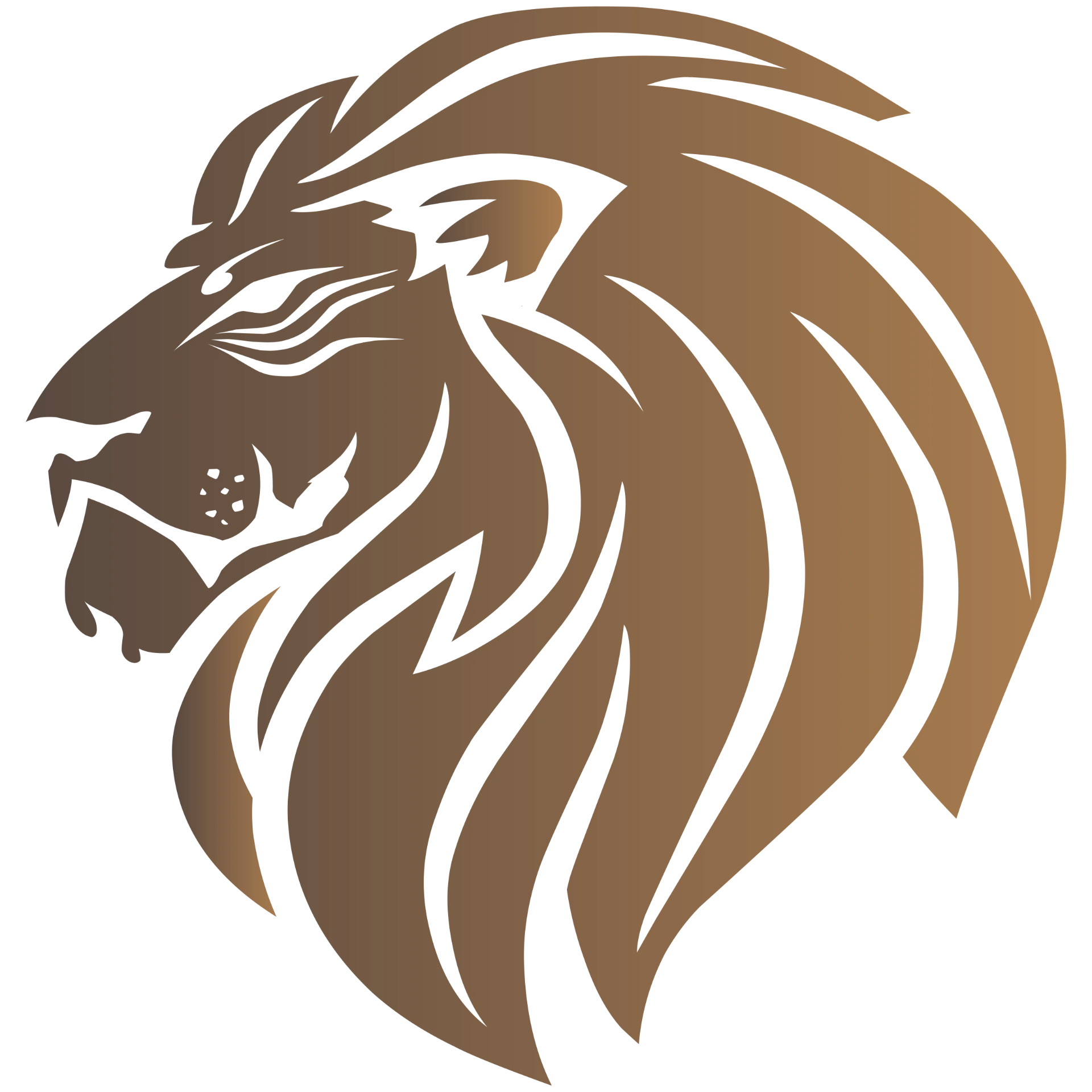
1984 – The Dark Mirror of Modern Society

Published in 1949, 1984 is George Orwell's dystopian masterpiece — a desperate cry against the dangers of totalitarianism and ideological manipulation. The book is not just a disturbing work of fiction: it is a psychological, social, and political x-ray of what happens when the State decides to erase the individual.
Set in the fictional Oceania, one of the world's three superstates, the novel introduces us to a universe where surveillance is total, language is manipulated to restrict thought, and reality itself is constantly rewritten. Its protagonist, Winston Smith, is a Party worker responsible for rewriting the past… until he begins to doubt the present.
Orwell didn't write a prediction. He wrote a warning. And that warning echoes louder with each passing year.
Big Brother: The Unblinking Eye of Surveillance

The most iconic symbol of 1984 is Big Brother, the omnipresent and possibly non-existent leader who is "watching you." But Big Brother is not just a figure of power: he is the embodiment of the all-seeing eye — the State, the media, the algorithm, social control.
Every home has a telescreen. Every glance can be monitored. The repression is not just physical — it is psychological, creating a chronic paranoia where even a wrong thought (thoughtcrime) can condemn you.
The central question of the book remains chillingly relevant: what if the real power isn't to control you, but to make you believe you're not being controlled?
Language as a Prison: Newspeak

Orwell was brilliant in introducing the concept of Newspeak — a language designed to limit thought. Complex terms are reduced, nuances eliminated, and subversive words simply vanish.
The idea is simple and terrifying: if you don't have the words to describe something, you can't think about it.
This makes us look at the present differently: how many debates are swallowed by hashtags, memes, and simplistic slogans? How often does vocabulary shape the boundaries of political, social, or cultural thought?
Doublethink and the Death of Truth

Another brutally realistic concept Orwell created is doublethink — the ability to accept two contradictory ideas at the same time and believe both to be true.
Modern examples? Waging war for peace. Surveillance as a protector of freedom. Consumption as identity.
The Party's slogan says it all:
"War is Peace" "Freedom is Slavery" "Ignorance is Strength"
It's the annulment of logic. The destruction of critical consciousness. It's where truth ceases to be a fact and becomes a tool of control.
Winston Smith: The Man Who Wanted to Remember

Winston is the spark of resistance. He begins to doubt, to write a diary (an act of rebellion), to love Julia, and to seek truth. But Orwell offers no hopeful ending. On the contrary — he shows how efficient the system is.
Winston is broken. His mind is reprogrammed. He is tortured until he loves his oppressor. "True love is love for Big Brother."
It is the rawest representation of the annihilation of the self — it's not enough to obey; one must believe, must love the system.
Parallels with the Real World
Though 1984 is fiction, its seeds are everywhere:
Technology as disguised surveillance (cell phones, cameras, tracking algorithms);
Constant historical revision (cancel culture, ideological revisionism, manipulation of information);
Perpetual war (endless conflicts, not for victory, but to justify power and resources);
Reduction of political vocabulary (polarization, slogans, absurd simplifications);
Culture of fear (criminalization of doubt, dissent, irony).
We don't live in 1984 yet, but many elements of our society seem to have read the book as a manual rather than a warning.
Conclusion: The Final Battle Is for the Mind

1984 is not just about dictatorships or censorship. It's about something deeper: the dominion over thought. The last bastion of freedom is not the ballot, nor the street, nor the weapon. It is individual consciousness.
Orwell's great message is clear: when the State — or any power structure — controls the narrative, the language, memory, and fear, it no longer needs force. It has already won.
That's why 1984 is more than a book. It's a mirror. And it's up to us — readers, thinkers, questioners — to keep that reflection from becoming the portrait of our future.
